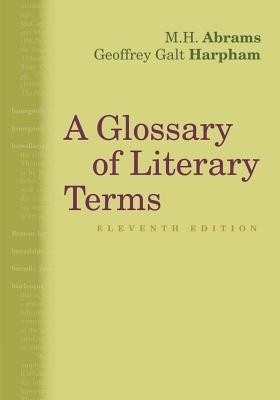
Principles of English Grammar; A New Ed., REV., Re-Arranged and Improved (English, Paperback, Bullions Peter)
Price: Not Available
Currently Unavailable
Highlights
- Language: English
- Binding: Paperback
- Publisher: General Books
- Genre: History
- ISBN: 9780217742573, 0217742572
- Edition: 2009
- Pages: 78
Description
Purchase of this book includes free trial access to www.million-books.com where you can read more than a million books for free. This is an OCR edition with typos. Excerpt from book: § 12. THE ARTICLE. , 90. An Article is a word put before a noun, to show the manner in which it is used. App. VII. 91. There are two articles; a or.aw, and the. 92. A or an is called the Indefinite Article, because it shows that the noun is not limited to a particular person or thing; as, a king; that is, any king. 93. The is called the Definite Article, because it shews that the noun is limited to a particular person or thing; as, the king; i. e. some particular king. 94. A noun without an article, is taken in its widest sense ; as, Man is mortal, i. e. All mankind: Or, in an indefinite se.nse; as, There are men destitute of all shame, i. e. some men (§ 81). A noun with the before it, sometimes denotes the species; as, the oak, the lion. 95. A is used before a consonant; as, a book. 96. An is Used before a vowel, or silent h ; as, an age, an hour. But 97. ,and not o,is used before u long, and the diphthong c, because these letters have, combined with their sound, the power of initial y; thus, a unit, a use, a eulogy. On the other hand, on is used before words beginning with h sounded, when the accent is on the second syllable; as, an heroic action, an historical account; because the h in such words is but slightly stranded. important in a large school, if ihe pupil be taught to express all that is necessary in parting these or other words, in as few words as possible, and always in the tame order, thus: Father, a noun, masculine, in the nominative singular. Mother's, a noun,Jminine, in the possessive singular. It will also be a profitable txercise for him to assign a reason for every part of his description, thus: 1'uthcr, ft noun, because the name of an object; masculine, because it denotes the math sex; singular, because it denotes but one; plural,...
Read More
Specifications
Book Details
| Imprint |
|
| Publication Year |
|
Dimensions
| Width |
|
| Height |
|
| Length |
|
| Weight |
|
Be the first to ask about this product
Safe and Secure Payments.Easy returns.100% Authentic products.
Back to top






